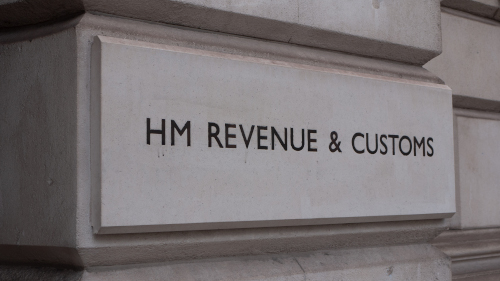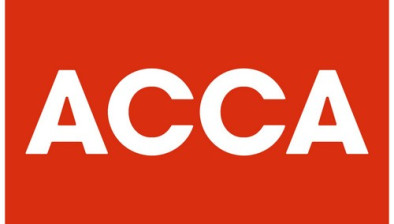HMRC under fire for rising costs and failing taxpayers

The National Audit Office (NAO) has warned that the UK’s increasingly complex tax system is adding hundreds of millions of pounds to administration costs for both the government and businesses.
A new NAO report revealed HMRC’s costs of collecting tax has risen by 15% (£563 million) in real terms between 2019-20 and 2023-24, and that, during this period, government’s tax yield rose by 16% (£113 billion) in real terms.
The increase in administrative costs can be attributed to several factors. First, the tax system is becoming increasingly complex, and HMRC has estimated that the combined effect of changes announced between 2022 and 2024 will increase its costs cumulatively by around £875m over the next few years. None of these changes are expected to reduce costs, although it is anticipated that some of them will increase revenue in the longer term.
Second, the number of people liable to pay Income Tax has increased from 31.7m in 2020-21 to 36.2m in 2023-24, due to income tax thresholds remaining at the same level since April 2022, and population and employment growth.
Third, the cost of compliance work – which helps to reduce fraud and error in the tax system – has increased due to higher spending on digital tools and staff.
These costs reflect a broader trend across HMRC, whereby it has invested heavily in recruiting higher-skilled staff and in digitalising its systems. A greater number of senior staff in HMRC’s workforce added over £100m to salary costs between 2019-20 and 2023-24, while the cost of running HMRC’s digital tax systems amounted to £785m in 2023-24 – a 18% increase in real terms from 2019-20.
HMRC also spent £482m on new digital systems and upgrading legacy systems in 2023-24, a process that has taken longer and has cost more than expected. The tax authority has one of the largest and most complex IT estates in the UK and it faces a significant challenge to modernise its IT infrastructure to keep pace with changing technology.
There is also a significant cost burden on businesses to comply with tax rules, but HMRC’s estimate of £15.4bn annually is likely to be an understatement. Moreover, published assessments of the impact of tax policy changes rarely estimate the costs for businesses and individuals.
Although HMRC’s customer service costs have been broadly stable – accounting for 29% of total tax collection costs in 2023-24 – the cost to serve each taxpayer has risen for some large taxes amid poor levels of service.
HMRC faces other challenges. It is under pressure to improve efficiency and productivity, with compliance productivity remaining below pre-pandemic levels. It is also finding it difficult to achieve efficiencies through its customer service provision. Progress on its strategy to build a modern, trusted tax system by 2030 has been mixed, and people with complex tax affairs may not reap the benefits of its new digital systems.
Consequently, some taxpayers and their representatives are finding it more difficult to deal with their tax matters, leading to some loss of trust in HMRC.
The NAO recommends that HMRC takes a holistic view of the cost effectiveness of the tax system, clarifying estimated costs and benefits when placing increased requirements on taxpayers and, where appropriate, spending more when this reduces the overall cost of the system.
It should also commit to reducing administrative cost burdens on customers; develop better efficiency and productivity measures; and gain a clearer understanding of the costs and benefits of activities that stop non-compliance from occurring in the first place.
Gareth Davies, head of the NAO, said: “Businesses and individuals deserve a modern, resilient and effective tax system to help them get their tax right first time.
“To get the most out of the money it spends on collecting taxes, HMRC must better understand how changes to the system affect the costs it incurs in administering taxes, as well as the financial burden on individuals and businesses.
“HMRC must also ensure the end-to-end system is working well for each tax.”








